The Wild is brought to you by Eva’s Wild - providing wild caught, Bristol Bay Sockeye Salmon straight to your door.
Picking up where the 2014 award-winning documentary, The Breach left off - Mark Titus' new film, The Wild is an urgent call to action - examining what it means to save what we love. The Wild is set for release in Summer, 2019.
“Salmon shield us from fear of death by showing us how to follow our course without fear, and how to give of ourselves for the sake of things greater than ourselves. -David James Duncan: ”My Story as Told by Water””
We live in a time of uncertainty - about the trajectory of our own lives, the lives of generations to come and the continued health of the planet we live on. For millennia, wild salmon have survived ice ages, continental shifts and most destructively, human beings. Their continued existence provides a glint of hope under the surface of malaise we now find ourselves in.
When wild salmon return to their home rivers to spawn and die, their bodies are a sacrament - giving life to their progeny, the earth itself and human beings. Their last act ensures that life will continue. Right now, it may be up to us to ensure their very existence will continue.
By suddenly dismantling safeguards the EPA had enacted to protect the salmon, water and people of Bristol Bay - the current political regime in the United States has unilaterally revived a mining corporation’s relentless pursuit to build North America’s largest open-pit copper mine - directly in the headwaters of the most prodigious wild sockeye salmon run in the world.
The Wild is a race against time, where the hard-fought-for/hard-won protections for Bristol Bay now seem as fleeting as morning mist. Focused through the lens of Mark Titus’ inherent love for wild salmon, the conflict in Alaska becomes a harbinger to a larger, global question: How do we reconcile human separation from the natural world that sustains us – and if we can change course - how do we save what remains?
How do you save what you love?






